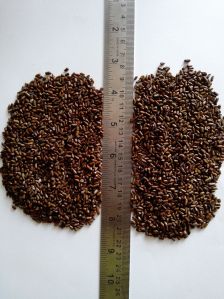
Natural Cassia Seeds
Get Price Quote
10 Ton (MOQ)

Black Pepper Seeds
Get Price Quote
Best Deals from Seeds

Green Pepper Seeds
600 Per Kilogram
500 Kilogram (MOQ)
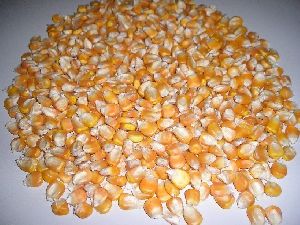
Yellow Maize
22 - 24 Per Kilogram
25 Ton (MOQ)

Coriander Seeds
Get Price Quote
50 Metric Ton (MOQ)

Whole star anise
240 - 540 Per Kilogram
25 Kilogram (MOQ)

Cumin Seeds
Get Price Quote
1 Container (MOQ)

Fresh Beetroot
50 Per Kilogram
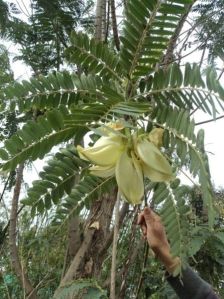
sesbania grandiflora
Get Price Quote
Sesbania Grandiflora is used in varied healing practices for the treatment of painful swelling, small pox, headache, and other ailments. Every part of Sesbania grandiflora be it the leaf, bark, flower or root has excellent medicinal properties

Red Chilli Powder
Get Price Quote
15 Ton (MOQ)

Turmeric Powder
60 - 270 Per Kilogram
100 Kilogram (MOQ)

Red Chilli Powder
90 - 140 Per Kilogram
100 Kilogram (MOQ)
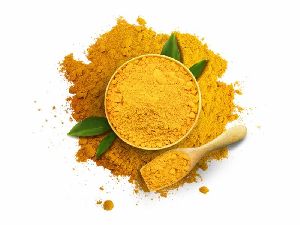
Turmeric Powder
Get Price Quote
1 Ton (MOQ)
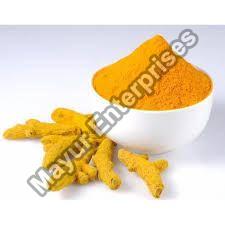
Turmeric Powder
Get Price Quote
1 Ton (MOQ)
Turmeric is a spice that is widely used in Indian cuisine and is known for its medicinal properties. Nagpur is a city located in the Indian state of Maharashtra, and it is a major hub for turmeric production and distribution. In this context, finding a reliable turmeric supplier in Nagpur is important for businesses in the food industry or for individuals who want to use turmeric for its medicinal properties. If you are looking for a wholesale turmeric supplier in Nagpur, there are several options available. You can search for suppliers online or in local markets. The advantage of buying from a wholesale supplier is that you can get turmeric at a lower price than retail stores, as wholesale suppliers typically sell in bulk quantities. Nagpur is home to several turmeric suppliers, and they offer a variety of turmeric products, including whole turmeric root, turmeric powder, and turmeric extracts. It is important to choose a Turmeric Supplier in Nagpur India that provides high-quality products, as the quality of the turmeric can impact the taste and health benefits of the food or drink that it is used in. Turmeric exporters from Nagpur India cater to the global demand for this spice. They export turmeric to countries around the world, including the United States, Europe, and the Middle East. To export turmeric from India, the exporter must obtain a license from the government and comply with the regulations and standards set by the importing country. When choosing a turmeric supplier in Nagpur, it is important to consider the following factors: Quality: Look for a supplier that provides high-quality turmeric products that are free from contaminants and meet the standards set by the government and industry. Price: Compare the prices of different suppliers to find the best value for your money. Reputation: Check the reputation of the supplier by reading online reviews, talking to other businesses that have worked with them, and checking their track record of customer service and delivery times. In addition to supplying to local markets, several turmeric exporters in Nagpur sell to international markets. These exporters typically have strict quality control measures in place to ensure that their products meet international standards for quality and safety.
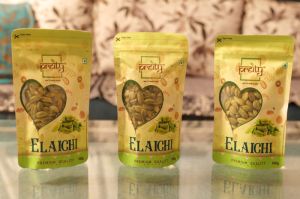
Green Cardamom
Get Price Quote
10 Kilogram (MOQ)
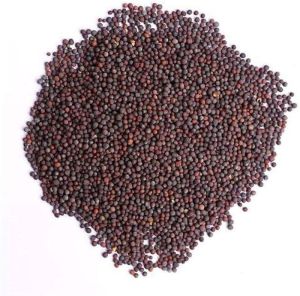
Mustard Seed
Get Price Quote
100 Kilogram (MOQ)

Electronic Weighbridges
Get Price Quote
Leveraging on our industrial expertise, we are engaged in the business of supplying premium grade Electronic Weighbridges. Highly acclaimed for its excellent designing and superior efficiency, these Electronic Weighbridges are the best choice available in the markets. Specially made with the help of quality raw materials and innovative techniques, our Electronic Weighbridges are highly demanded by the clients across the country. Further, the clients can avail these Electronic Weighbridges at pocket friendly prices from us.

Pigeon pea yellow
Get Price Quote
dodonPulses or legumes are an integral part of Indian cooking, which forms a key component of a wholesome meal plan. Dal, the storehouse of good quality plant protein replete with a ton of health benefitting properties. One such dal that abounds with an extremely rich nutrient profile is toor dal or arhar dal.It is a staple food among several cultures and cuisines all through the length and breadth of India that also serves as a nutritious vegetarian meat alternative. Be it dal chawal or sambar sadam or rice with pappu, toor dal is the quintessential ingredient and undeniably the most relished culinary delight. Mainly for vegetarians’ toor dal is an incredible source of proteins, carbs and other vital nutrients needed for normal growth, development and tissue repair. Pigeon peas are called by many vernacular names in the regional languages of India as Toor dal or arhar dal or rahri dal in Hindi, thogari bele in Kannada, Tur in Bengali, Turi or Toor in Marathi, Turdalya or tuvar in Gujarati or kandulu or kandi pappu in Telugu or thuvaram paruppu in Tamil and thuvara parippa in Malayalam. Each state in India has its unique way of using the hearty dal in a spectrum of ways. Toor dal with a mild flavour melds well with any ingredient and flavour, which is commonly used in making dal, sambar, rasam, soups, dal halwa, paruppu vada to mention a few. Also Read: Toor /Arhar Dal: 5 Nutritional Reasons On Why You Should Eat This Protein Rich Legume Daily Toor Dal/Pigeon Pea Plant Toor dal is a perennial legume that belongs to the Fabaceae family, which is also known as pigeon pea or split pigeon pea, arhar dal or red gram dal. Tracing its root to the Indian subcontinent at least 3500 years ago, this lentil had been the main food in Asia, Africa and Latin America. Toor dal is widely grown in tropical and semitropical regions across the world, India accounts for 72% of major production of pigeon pea in an area covering 3.9 million hectares. It is a drought-resistant plant and can be cultivated in regions with minimal rainfall. Toor dal is cultivated solely as a crop or merged with cereals such as sorghum, pearl millet or maize or with other legumes such as peanuts. Pigeon pea is capable of symbiosis with Rhizobia, the bacteria linked with toor dal nurtures soils through symbiotic nitrogen fixation. The seed pods look flat, sickle-shaped with a length of 5-9 cm, each pod comprises 3-9 seeds that range from white, cream, yellow, purple or a combination of any of these shades. Pigeon pea grows to a height of 0.5- 4.0 m, the crop usually survives for three to five years, though the yield falls considerably after the first two years. Processing Of Toor Dal Dehulling Methods Dehulling of lentils is an age-old practice in India, where hand pounding was common. Some of the other traditional methods of processing toor dal are classified under two categories: Wet Method The wet method comprises soaking seeds in water, then it is sun-dried and dehulled. Dry Method This method involves applying oil and water on the seeds, then drying in the sun and dehulling. Large quantities of pigeon peas are commercially dehulled where the lentils are deskinned and split in mechanically functioning mills. Ayurveda Uses The holistic science of ayurveda values toor dal as an amazing food and medicinal legume in treating several health woes. Right from the seeds, young fresh pods, shoot and leaves are widely used for culinary purposes. In traditional practice, toor dal is used internally in the form of healing soup and externally it is applied as a paste or ointment. This lentil is good for boosting liver health and brings about lightness in the body. The leaves are used to treat bleeding disorder, worm infestation and also acts as a natural laxative. The paste of red gram leaves is applied over mouth ulcers and inflammation to heal stomatitis.
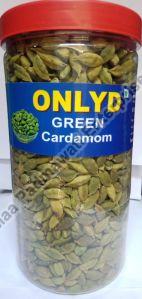
Green Cardamom Seeds
1,000 - 2,000 Per Kilogram
25 Kilogram (MOQ)

Non Basmati Rice
Get Price Quote
1 Container (MOQ)